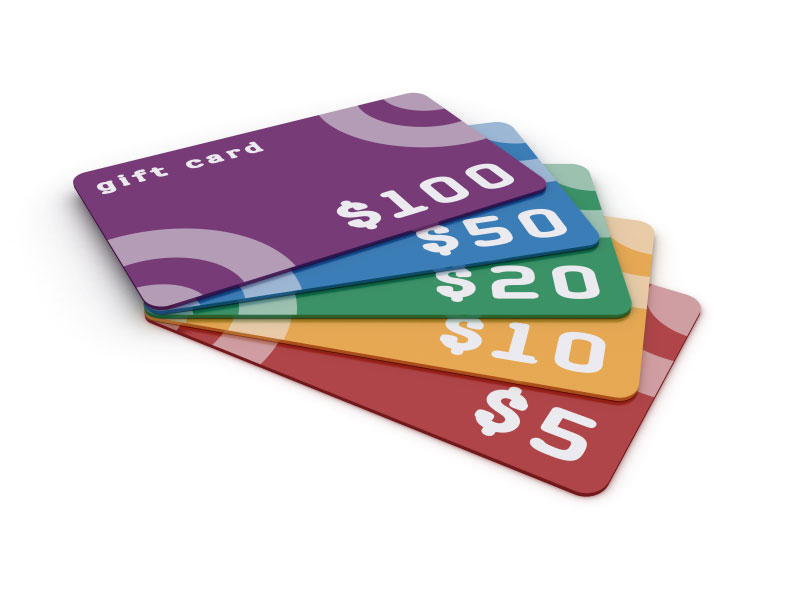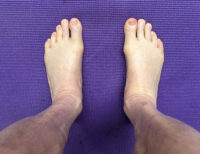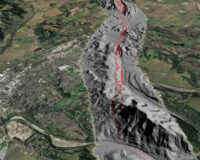By Dr. B.J. Bischoff — Recently I was in a meeting with the leader of a Sonoma County nonprofit organization. I knew she had lost her home to the Tubbs Fire in October, so we started chatting about her experience in fleeing her home and finding temporary housing. What struck me the most about this conversation was when she tugged at her blouse and slacks and declared, “I bought these myself. They are the first things I’ve worn since the fire that weren’t donated. It really felt good to just go to the store and buy something that I chose, not that someone chose for me.” She added how grateful she was to have received donations of clothing immediately after the fire, but two months later, she was ready to start her personal recovery process, which in her mind meant making more of her own choices.
During and immediately after the fires, so many of us in Wine Country donated water, food, clothing, toiletries, bedding, and diapers to evacuation centers, shelters, and the nonprofits that mobilized to help those impacted by the fires. So many donations were received that it got to the point where organizations were overwhelmed, with no place to store the donations and no organized way to disburse them. I had a meeting at a local nonprofit two weeks after the fires and was a greeted by a sign that read, “No more donations, please!”
Julia Brooks, a researcher at the Harvard Humanitarian Initiative who studies community response to emergencies, discovered that in-kind donations, such as food, clothing, and household items, “are often the last thing that is needed.” Her research has found that what nonprofits providing disaster relief really need is money to buy what they need to do their work. Brooks reports that “truckloads of donations can actually interfere with official relief efforts. While ostensibly free, donated goods actually raise the cost of the response: from collecting, sorting…warehousing, and distribution.” Brooks recommends giving cash donations to organizations that are clear about where the money will go and how it will be spent.
But it’s human nature to want to help after a disaster, especially one that’s in your own backyard. Research conducted by Liz Dunn from the University of British Columbia reports that when we give things that are personal to us to others, we experience an emotional benefit. She also discovered that when people get together and cooperate to help others in the wake of disasters, we feel like we are part of something larger, which makes us feel energized and emotionally rewarded.
Gift cards can have the same effect as cash in many cases. Local nonprofits, including La Luz Center, are providing help to people impacted by the fires through cash and gift cards, so that those in need can make their own purchases. At this week’s Impact100 Sonoma holiday party, all attendees are encouraged to take a gift card to donate to the Sonoma Valley Holiday Program, a program that benefits our most vulnerable neighbors. These gift cards will enable struggling families to buy what they need, not what we think they need.
On a final note, last week I had the privilege to attend a meeting called the Resilience Convening. It was a half-day meeting sponsored by the Community Foundation Sonoma County for nonprofit and government organizations to get a status update on major fundraising efforts related to Northern California fire relief. The meeting featured a panel from Tipping Point, United Way of the Wine Country, UndocuFund, Rebuild North Bay, North Bay Fire Relief Fund, and the Community Foundation. Although it was impressive to learn that these organizations had already raised more than $60 million in total for fire relief, what really caught my attention was a comment made from a member of the audience. The audience member reminded everyone that we need to change the way we talk about people impacted by the fires. She said, “They are fire survivors, not victims.”
So, as you contemplate your end-of year holiday giving, remember to share your cash, not your unwanted clothes, with our community’s fire survivors and the nonprofits that serve them. And remember to keep giving after the fires are no longer making headlines because fire survivors will be needing our support over the next few years. Your cash contributions will greatly help all of us rebuild and heal from the tragedy that rocked our world just two months ago.







Be First to Comment